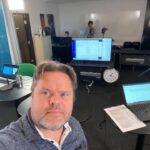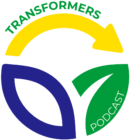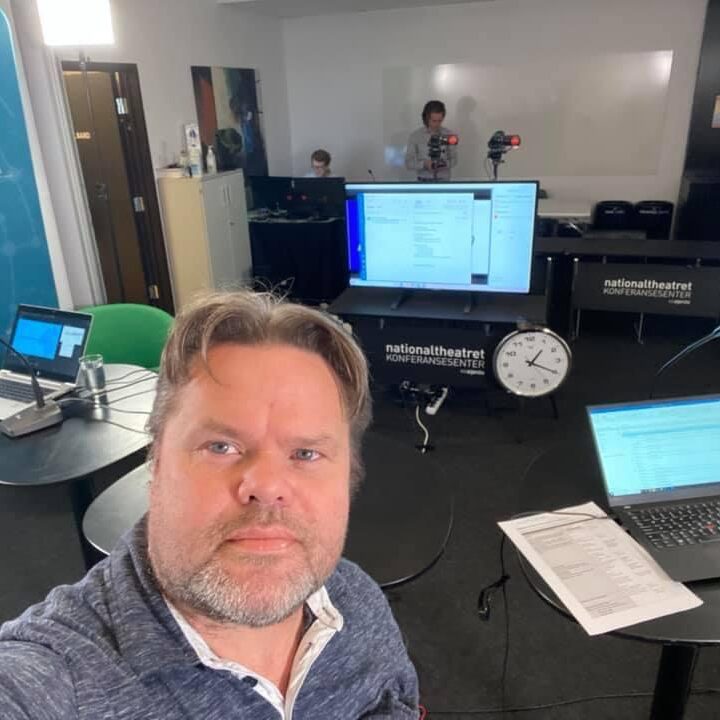
In the last decade, we became accustomed to immediate communication, from emails to text messages. We happily disconnected our landlines and put ourselves online. The PC and mobile phones made us discover a whole world of possibilities and transformed each one of us into a citizen journalist, a producer of something: videos, blogs, news, fashion or a trader around the wide web – wherever it takes us.
But, the most fascinating aspect of the Internet is to connect supply and demand, making us distributors of ideas, aggregators of friends, spreaders of ideas, mobilisers of crowds.
We take for granted nowadays that search engines enable us to find whatever and whoever we want and the various social media platforms are the new living room or stages where we can show off, show down, meet up and create networks of people wanting the same things we do.
In 2006, Chris Anderson wrote about this phenomena and called it The Long Tail: how the Internet creates niches and niches within niches, catering for the unlimited demand for things, ideas, aspirations, common goals, production, connectivity and empowerment.
A lot of bad things rode this tech wave. Fake news and big brother surveillance among them. But for system entrepreneurs, IT development was the true game changer of this century.
System entrepreneurs know they cannot actually change systems. Instead, they cultivate the conditions that encourage a system to change itself. One of the most gifted and dedicated system entrepreneurs is Bert-Ola Bergstrand.
He is the initiator, founder and co-founder of a number of international platforms and networks in the field of crowd impact economy that involve millions of people across the world and transform livelihoods and cities. He co-founded @SOCAPmarkets, Katapult Future Fest and Living Bridges Planet, to mention a few.
One of the projects he helped create is SlumCode in Kenya and Nigeria. It is an organisation that helps underprivileged youngsters and women to learn several skills like coding, research and network to become an entrepreneur. SlumCode informs and connects people to live sustainable livelihoods and develops solutions for their cities. SlumCode has incubated several business initiatives and it has provided the tools for people to effectively transform their lives.
As SlumCode grows, it finds its own system entrepreneurs that, in turn, will create other networks- niches in this never-ending process of aggregation and niche forming in the long tail.
Another example of Bert-Ola’s work is the Learning Society, a Facebook group created in 2018, with 1,7 K. members who share and collaborate on SDGs and digital innovation.
Bert-Ola works in Trondheim, in the north of Norway where he leads the social innovation team in the Trondheim City transformation programme with the Norwegian University of Science and Technology. Trondheim is the national and international hub that coordinates the European and UN programme for smart cities.
From this small city near the Arctic, Bert-Ola leads deep transformations in Africa, Pakistan and the US each day, giving people opportunities to change their lives and that of heir cities. His networks mean effective changes in a large scale on the bottom up type of approach. Illiterate people learning how to read and write in Pakistan on their mobile phones; internet savvy youngsters pitching ideas for investors in Karachi or working as IT developers on Fiverr. Inclusion and opportunity are remarkable results from the work of Bert-Ola: nothing short of amazing.

